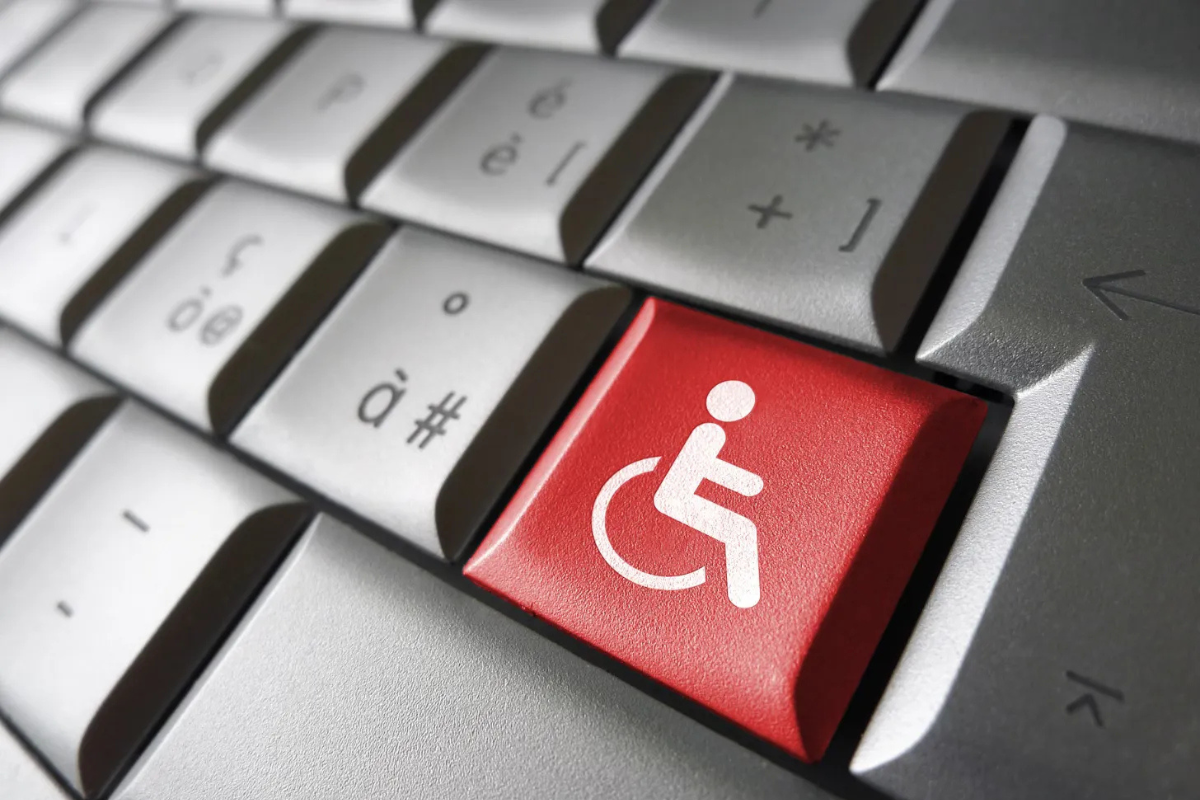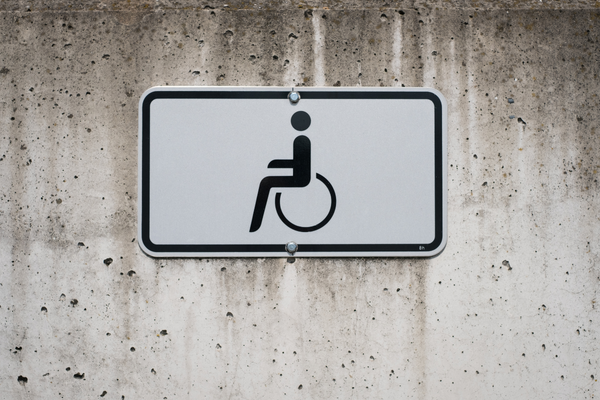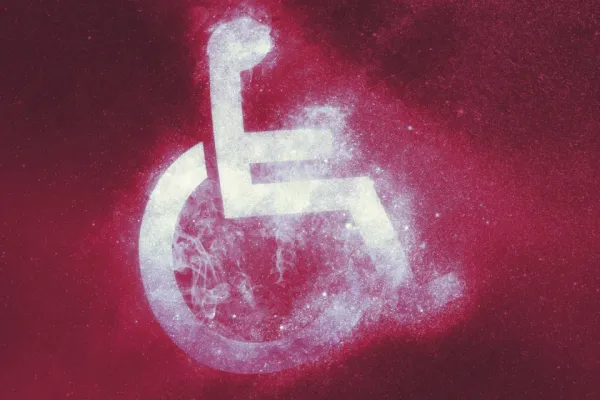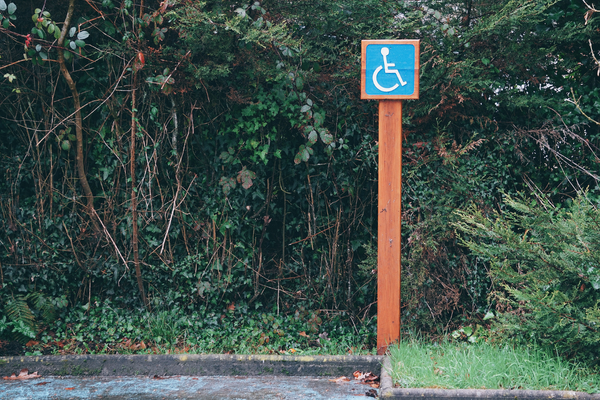1/22/25 - Musk, Walz, and COVID


The autistic guide to waving exuberantly without accidentally Sieg Heiling
Sara Gibbs, The Daily Tism - January 21, 2025
"As autistics, we recognise that this could happen to any one of us – so here’s a quick emergency guide to the dos and don’ts of waving without inadvertently paying tribute to Adolf Hitler."
What is there to say from a disability perspective about Elon Musk's – shall we say – evocative and disturbing gesture during an inauguration event earlier this week? The only reason to mention it here at all is that Musk has in the past said he is autistic, and his autism is being cited, or alluded to, as a kind of explanation or mitigating factor. The idea is apparently that like many autistic people, Musk is "socially awkward," so we should consider that he didn't mean to give a Nazi salute, but simply let his enthusiasm out with an odd version of a wave – or something like that. I think that could be partially true. But I also think that:
- Musk's gesture is a lot more specific than most autistic people's "awkward" gestures and movements that I have seen.
- Musk is savvy enough to realize that in his position, it might be a good idea to own up, at least to how unfortunate his supposedly inadvertent gesture was, (if he insists that it was inadvertent), and promise not to do it again. After all, Musk himself has just recently voiced support for a Nazi-connected political party in Germany, and he's a prominent ally of a newly-elected president who has been called a would-be dictator. If he's not going to offer at least some chagrin and self-criticism about all this, what's left for us to think about his real feelings?
- There is a harmful and stigmatizing pattern of attributing antisocial behavior to autism – from minor creepiness and gross sexism, to violence and extreme political views. Autism may sometimes play a part in some these things. I think it would be foolish to completely deny the possibility in every case. But particularly in a political context it's a terrible practice to use autism as a shield from criticism and accountability.
I chose to share this satirical piece on the incident because it seems to be written by an autistic person, and because the writer clearly gets the assumptions people are making, and using, to paper over what was an objectively jarring moment of political imagery, without buying into them.
Walz proposes slowing spending on disability services to address looming deficit
Madison McVan and Michelle Griffith, Minnesota Reformer - January 16, 2025
"Most of the savings proposed in Walz’s budget would come from slowing the projected growth in services for people with disabilities and the elderly, which is the largest driver of spending increases over the next few years."
This just made me a little sad. I still think Tim Walz was a good choice for Vice President. And some of the discussion around his neurodivergent son was positive and helpful. I would probably like him better than my own state's Democratic governor. But it's worth noting that turning to disability programs to save money is a bipartisan practice, especially with state governors. There are structural reasons for this. States have to pay for a huge portion of the services and supports disabled people need. And states can't borrow the way the Federal government can, so they pretty much have to make cuts somewhere when expenses threaten to exceed revenue. But somehow, disability-related spending always seems to be among the first things states look to for savings. Is it just our lack of organized political power? Are our needs really that much of a drain on state budgets? Or, is it a fundamental habit of considering disabled people's needs – and disabled people – to be less important? It gets harder and harder not to take it all personally.
These COVID Symptoms Are Red Flags That You Need Medical Attention
Jillian Wilson, Huffpost - January 19, 2025
"'What’s really important is making sure people look out for certain telltale signs and symptoms that may warrant hospital-level care or [care from] a health care provider, so that way they don’t face severe illness, even hospitalization and death,' said Dr. Syra Madad, an infectious disease epidemiologist at Harvard’s Belfer Center for Science and International Affairs."
COVID hasn't gone away, and it's still dangerous for at least some of us. Also, there are other illnesses that chronically ill and disabled people can't afford to just shrug off. One other point that I still don't think is talked about enough about these things is that a lot of disabled people aren't at higher risk of catching serious illnesses like COVID and flu, but have a much harder time physically and logistically dealing with them. Many of us have a harder time getting around – to the doctor, but also to the bathroom, or the kitchen. People with restricted movement and unusual body postures often have a harder time coughing, which immediately makes respiratory illnesses more miserable and dangerous. The practicalities of our daily lives are often fragile. So any major illness beyond a minor cold can wreck everything, at least for a while. Disabled people still need two things that I don't think we're going to get anytime soon, despite the COVID experience:
- Regular, local, reliable data on rates of major infections, like COVID, flu, and whatever else is going around ...
- A more thorough understanding by doctors and other medical professionals of how these kinds of illnesses affect people with all different kinds of disabilities – not just medically, but in everyday practical, self-care terms.
Disability Thinking Weekday is a Monday-Friday newsletter with links and commentary on disability-related articles and other content. Please like, share, comment, and subscribe — for free, or with a paid subscription. Benefits of paid subscription include:
- A monthly recap with links to all of the previous month's shared articles, organized by topic.
- Listing as a supporter, and a link to your website if you have one.
- You can recommend one disability-related article for me to share per month in a weekday post.
I am so grateful for your help and engagement, in whichever forms you choose!



